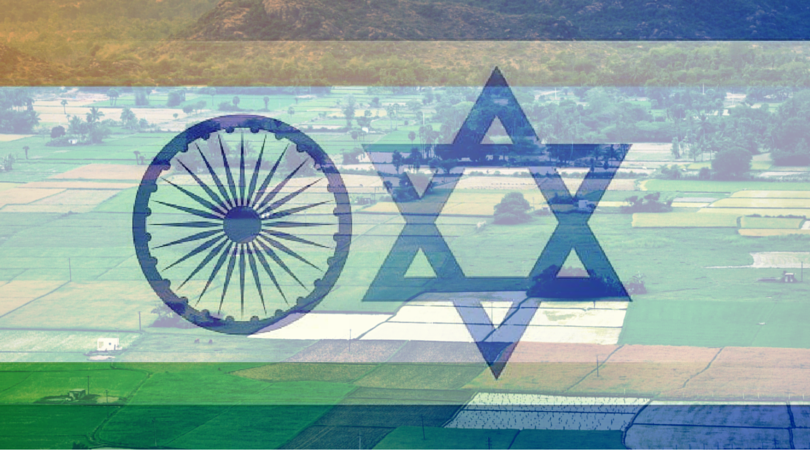While not the catchiest title for reeling in participants, a seminar entitled “Israel Innovation Model to Implement Commercial Sustainable Farms for Cooperatives and Agriprenuers in India” was assembled recently to discuss and usher in a new era for India. Behind this involved topic that brought both the NCUI and the Trade & Economic Mission Embassy of Nepal is a growing partnership between India and Israel. Despite initial skepticism, this small Middle Eastern country is bringing India into a new frontier for agriculture, and best of all, they’re seeing resoundingly positive results.
The IIAP in Action
The IIAP (the Indo-Israel Agricultural Project) is working to bring the latest technologies over to India. The goal is to further the education and development of Indian farmers to facilitate better crop production and distribution. The project has thus far developed 28 stand-alone centers for agricultural development in cities across India including the country’s capital Punjab, along with others such as Uttar Pradesh, Maharashtra, Bihar, Tamil Nadu, and the currently volatile Haryana.
The initiative is presently underway, and according to National Cooperative Union of India (NCUI) president Chandra Pal Singh Yadav, there are already 260 million individuals involved. Already the project has yielded positive results. Farmers have recorded better production levels and even an increase in financial returns.
Understanding a Need for Advancement
India is not without agricultural technologies of their own of course, but the breadth and depth of these machines are limited, and there is room for expansion, according to the ICAR. And that is where Israel steps in. Israel is known throughout the world for their innovative technologies, having transformed a desert wasteland into a veritable Garden of Eden that produces 95% of its own food requirements. In a land that is not intrinsically suited for agriculture, Israel has managed to nourish an industry that now accounts for 3.6% of all its exports and 2.5% of the total GDP.
India recognizes these advanced technologies, and forward-thinking members of the government are anxious to see innovations work their magic in India as well. In the Indian Cooperative, Dr A.K.Singh, MD, a representative from the National Horticulture board commented on the new endeavor saying, “We have to teach, inform and educate Indian farmers about how to apply various technologies as developed by Israel in the field of agriculture in their production.”
Reap The Gains
Indian specialists aren’t the only ones with positive sentiments for the IIAP. Dan Alluf, Agriculture attache for the Embassy of Israel, was optimistic about the project as well as the future of Indo-Israel relationships bringing forth exciting advancements in the field of agriculture.
“Our team of experts is visiting India regularly to train the farmers with modern techniques. Seminars and cluster meetings are also held to discuss new innovations,” remarked Alluf in regards to the continuity of the education, training, implementation, and development of these and new technologies into the standard farmer’s market. There is a bright future for both Indian agriculture and a prosperous multinational relationship on the horizon.

